Blues is a music genre that arose in the American South in the 19th century. It merged work songs, which at that time Afro-American slaves sang to synchronise the work in cotton plantations, with spirituals, the hymns of black people converted to Christianity. Its origins in between sacred and profane affected the themes of Blues: from social injustice to the fight for a better life. Musically speaking, it has a simple and repetitive form, composed of structures that are emotionally charged: it is based on twelve bars, pentatonic scales and blues scale, 4/4 time signature and blue notes. After the American Civil War and the abolition of slavery, bluesmen emerged as artists, who dedicated themselves to the entertainment of the audience. In the 20s and 30s in the 20th century, rural blues or country blues arose, whose geographic core was between the Mississippi delta and Louisiana. Banjo, guitar and harmonica were its rudimentary instruments, together with choral vocals: it was the time of Leadbelly and Blind Lemon Jefferson. Robert Johnson, who embodied the cursed bluesman, told about human vices and a godless death. In the 40s and 50s, the music industry started seeing the genre as a way to make money: it focused on classical blues, also interpreted by great female singers like Gertrude ‘Ma’ Rainey and Bessie Smith.
After WWII, with immigration on a massive scale from the countryside to the cities, different styles started to develop: in Chicago they played new urban blues, with electrical and amplified instruments. The protagonists of this new era were Muddy Waters, Elmore James, Howlin’ Wolf, John Lee Hooker, Lightnin' Hopkins and the first great singers and solo guitarists like T-Bone Walker, BB King and Buddy Guy. In the late 60s, blues was often considered an outdated genre, which remained in the background after the birth of funk. In the 70s, the rock blues played by John Mayall, Eric Clapton, Rolling Stones and Led Zeppelin brought its original structures back to the top, up to the successes of Stevie Ray Vaughan in the 80s. Blues is still very contemporary: it affects the development of the main music genres, while maintaining its original characteristics.
After WWII, with immigration on a massive scale from the countryside to the cities, different styles started to develop: in Chicago they played new urban blues, with electrical and amplified instruments. The protagonists of this new era were Muddy Waters, Elmore James, Howlin’ Wolf, John Lee Hooker, Lightnin' Hopkins and the first great singers and solo guitarists like T-Bone Walker, BB King and Buddy Guy. In the late 60s, blues was often considered an outdated genre, which remained in the background after the birth of funk. In the 70s, the rock blues played by John Mayall, Eric Clapton, Rolling Stones and Led Zeppelin brought its original structures back to the top, up to the successes of Stevie Ray Vaughan in the 80s. Blues is still very contemporary: it affects the development of the main music genres, while maintaining its original characteristics.
RELATED
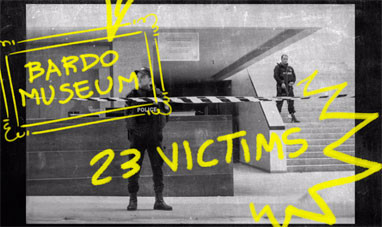

INTELLIGENCE MARCH 2015


AQUARIUS
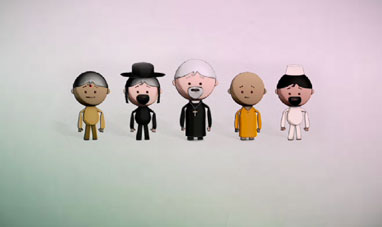

PUBLIC HOLIDAYS IN THE WORLD
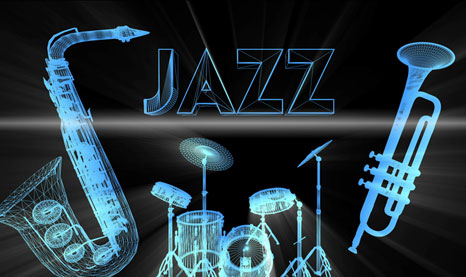

JAZZ
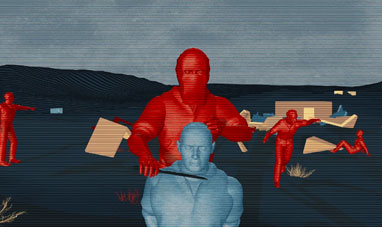

INTELLIGENCE OCTOBER 2014
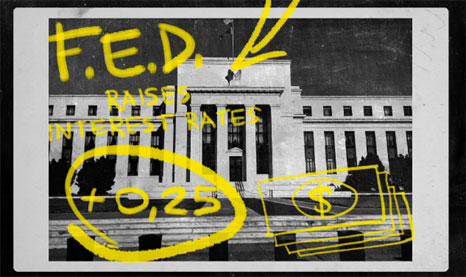

INTELLIGENCE DECEMBER 2015
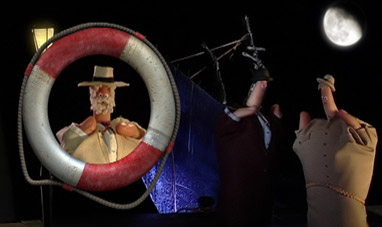

HEART OF DARKNESS


ANNA KARENINA
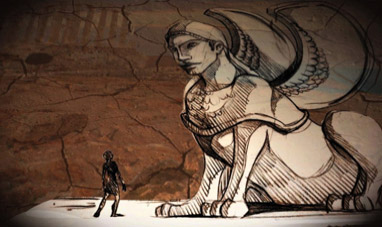

OEDIPUS
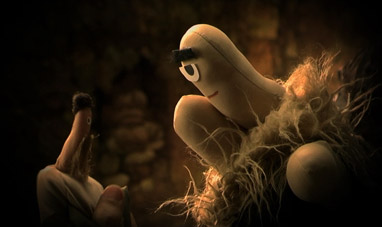

THE ODYSSEY
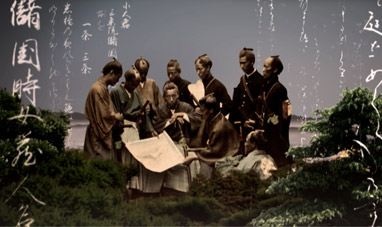

JAPANESE TRADITIONS
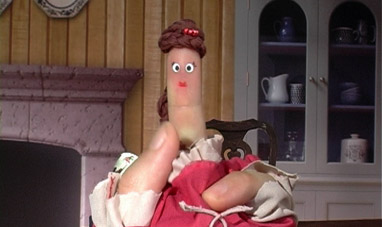

MINE HOSTESS
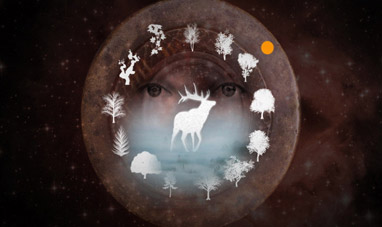

THE CELTIC HOROSCOPE
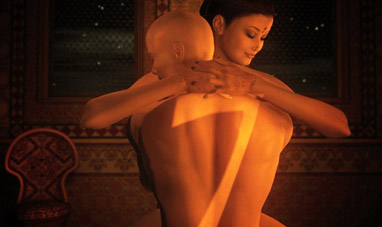

SEX IN THE KAMASUTRA


POP
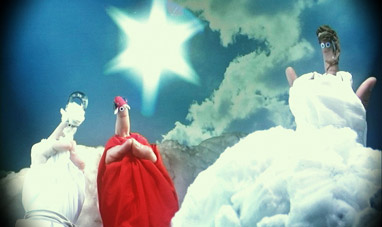

DIVINE COMEDY, PARADISE
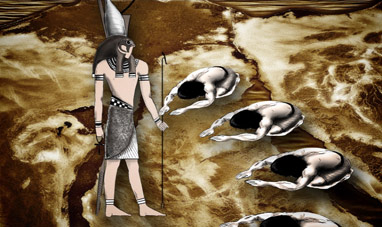

EGYPTIAN MYTHOLOGY
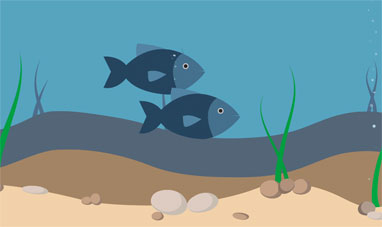

PISCES
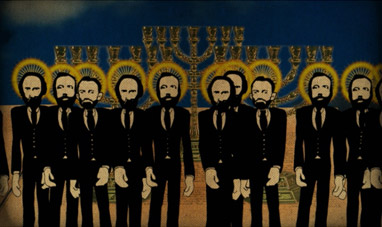

MORMONS


ESKIMOS


ARIES
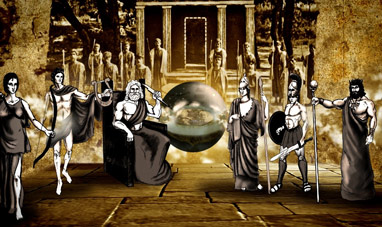

GREEK MYTHOLOGY


RUNNING
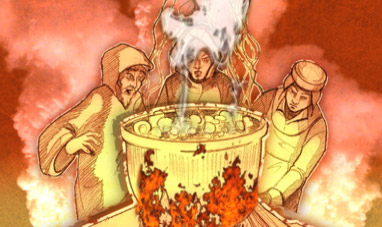

THE PHILOSOPHER'S STONE


ROCK


SHINTO


ELECTRONIC MUSIC
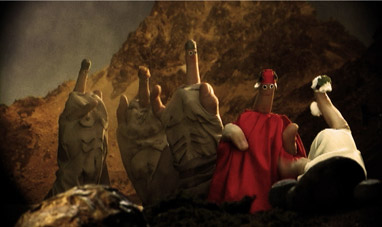

DIVINE COMEDY, PURGATORY
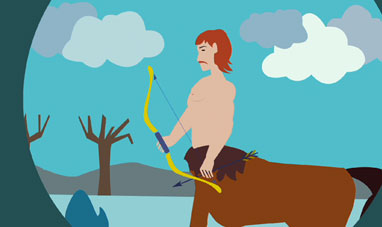

SAGITTARIUS
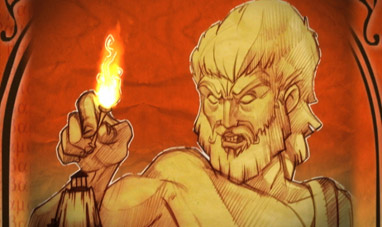

PROMETHEUS
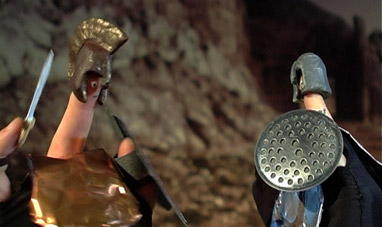

THE ILIAD
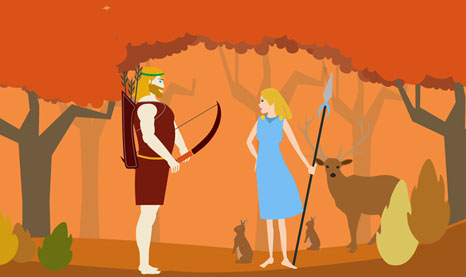

SCORPIO
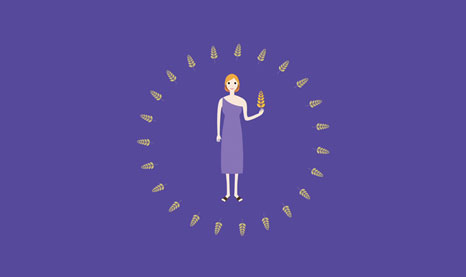

VIRGO
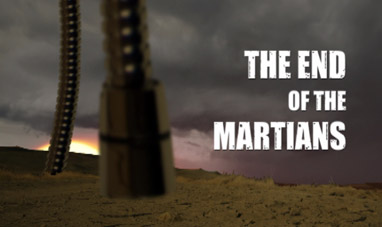

THE WAR OF THE WORLDS
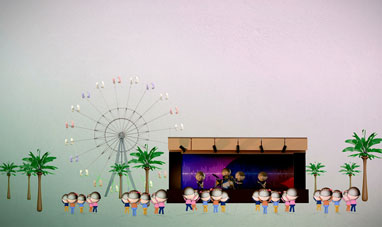

MUSIC FESTIVALS
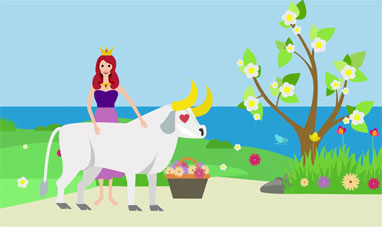

TAURUS
